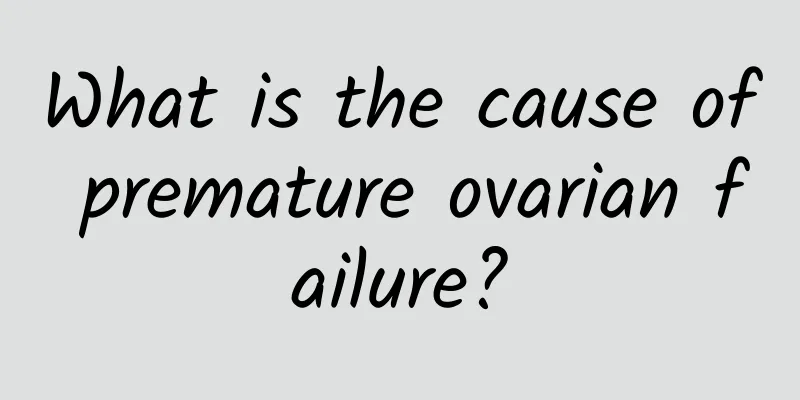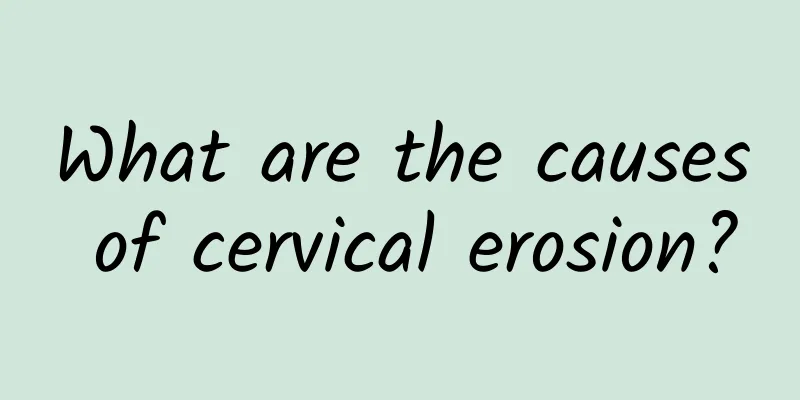What is the cause of premature ovarian failure?

|
What are the causes of premature ovarian failure? Premature ovarian failure refers to the decline in ovarian function after menopause, which can cause some harm to women, mainly due to the decrease in estrogen, which may affect breast development and uterine development, and the vaginal mucosa and urethral mucosa may become thinner, which may increase the chance of infection. The decline in estrogen may accelerate the loss of bone mass and bone density, which are some of the main effects. There are many reasons for premature ovarian failure, such as some immune diseases, some chemotherapy or radiotherapy, which can lead to premature ovarian failure; some surgeries, especially ovarian surgery, can lead to premature ovarian failure; some possible gene changes and receptor changes can lead to premature ovarian failure. If you have mumps as a child, you may have oophoritis and cause ovarian function to decline; your family may also be inherited and cause premature ovarian failure; it is also caused by environmental factors. Exposure to drugs that are toxic to ovarian function or adverse substances in the environment when you were a child or during your childbearing years can lead to premature ovarian failure. For example, some people work in chemical plants or live near chemical plants, and some people come into contact with painters, which can affect ovarian function and lead to premature ovarian failure; because of a bad lifestyle. Staying up late for a long time and eating a lot of junk food can also cause ovarian function to decline. Premature ovarian failure requires a balanced diet, eat more nutritious foods containing protein, vitamins such as folic acid, calcium, and vitamin B, the simplest being oatmeal. Eat some cereals, avoid overeating, maintain a reasonable weight, and eat more soybeans to supplement estrogen. In addition to sufficient protein, a certain amount of fat and sugar should be consumed, but not excessively. At the same time, pay attention to vitamin E, vitamin D, and supplement minerals such as iron and calcium. Supplementing vitamin E can remove free radicals, improve skin elasticity, delay gonadal atrophy, play an anti-aging role, and regulate immune function. |
<<: What are the methods for treating dysmenorrhea?
>>: Why does hydatidiform mole occur?
Recommend
Will adenomyosis cause less menstrual flow? What causes less menstrual flow?
The normal age of menopause is 50-55 years old. M...
CT manifestations of various types of uterine fibroids
Uterine fibroids are the most common benign tumor...
Treatment of moderate cervical erosion and adnexitis
Treatment of moderate cervical erosion and adnexi...
What is the difference between physiological pelvic inflammatory disease and pathological pelvic inflammatory disease?
What is the difference between physiological pelv...
Let’s learn about the prevention of chocolate cysts
Common gynecological diseases have one thing in c...
What medicine to take for cervicitis and endometritis
Treatments for cervicitis and endometritis includ...
What should I do if my vulva is itchy the day before my period?
What should I do if my vulva is itchy the day bef...
3 Medicinal diet improves anemia symptoms in patients with uterine fibroids
Uterine fibroids can cause irregular menstruation...
Five aspects of preventing and treating chronic cervicitis
Chronic cervicitis is a type of cervicitis. Preve...
Exercise has been proven to reduce psychological burden ~ Remember these 4 principles to get rid of depression
The results of a cross-sectional study of more th...
How serious is the cervical precancerous lesion?
The severity of cervical precancerous lesions dep...
What is the cause of itching under cervical erosion?
Cervical erosion refers to cervical columnar epit...
What medicine can cure uterine fibroids? What medicine can cure uterine fibroids?
Uterine fibroids are a common disease that affect...
The main causes of hydatidiform mole
The main causes of hydatidiform mole include gene...
How much does it cost to treat pelvic peritonitis?
Pelvic peritonitis is a common gynecological dise...









